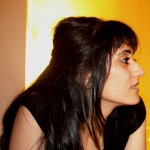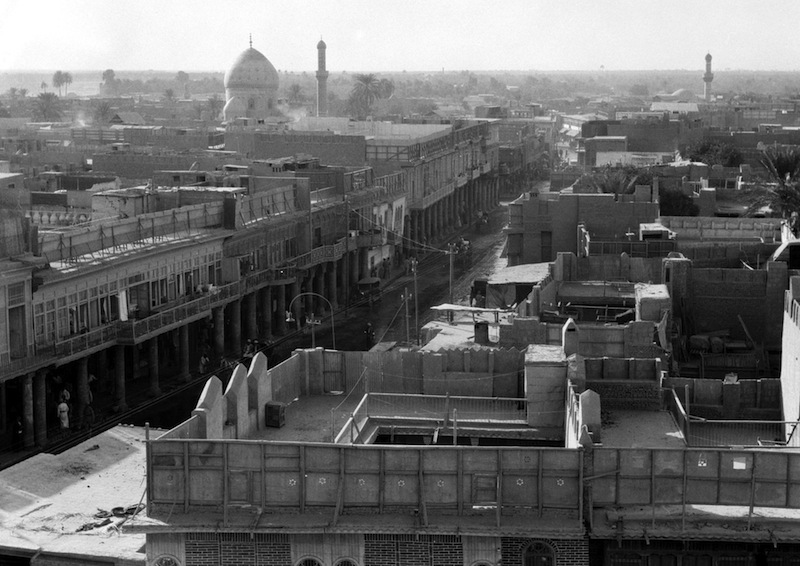I’m not a Marxist
My grandfather was imprisoned,
Tortured and killed.
I’m not a Marxist
My grandmother was imprisoned,
Tortured, she is alive.
I’m not a Marxist
My biological father was imprisoned,
Tortured, he is alive.
I’m not a Marxist
My biological mother – first born – was imprisoned,
Tortured, she is alive.
I’m not a Marxist
My aunt – second born- was imprisoned,
Tortured, she is alive.
I’m not a Marxist
My uncle – twin, fourth born- was imprisoned,
Tortured, he is alive.
I’m not a Marxist
My uncle – twin – was imprisoned,
Tortured, he was killed.
I’m not a Marxist.
My aunt – sixth born – and
My uncle – seventh born – grew up without parents
Sent from prison visits to relatives.
I’m not a Marxist
My sister and I were smuggled across borders on the backs of camel
And at the back of trucks.
I’m not a Marxist
I grew up in a military camp in the deserts of Baghdad.
I’m not a Marxist
I have seen bombs fall over Baghdad
As if it was New Year’s Eve fireworks.
I’m not a Marxist
My sister and I were smuggled across Asia
And Europe.
I’m not a Marxist
We come from far and
We stand for justice and equality
Not matter what the consequences.
I’m not a Marxist
I am a human being.
Why I’m not a Marxist
In a series of academic workshops I attended recently, the issue of race was being discussed. My concern was that our conversations about race were devoid of any acknowledgement of the issue of class. By highlighting this fact, and my frustration over the it, I was swiftly labelled a Marxist. Now, I am not a Marxist. Simply using the word “class” or seeing class as an important social division does not make me one. The poem, I’m not a Marxist, took form in response to being boxed in as a Marxist. I’m not a Marxist voices a rejection of the notion of classifying, labeling and boxing ideas, thoughts or frustrations and the people who have them. Conversations should not be silenced by name-calling. I will not be silenced.

*Image courtesy of Wikimedia Commons.









